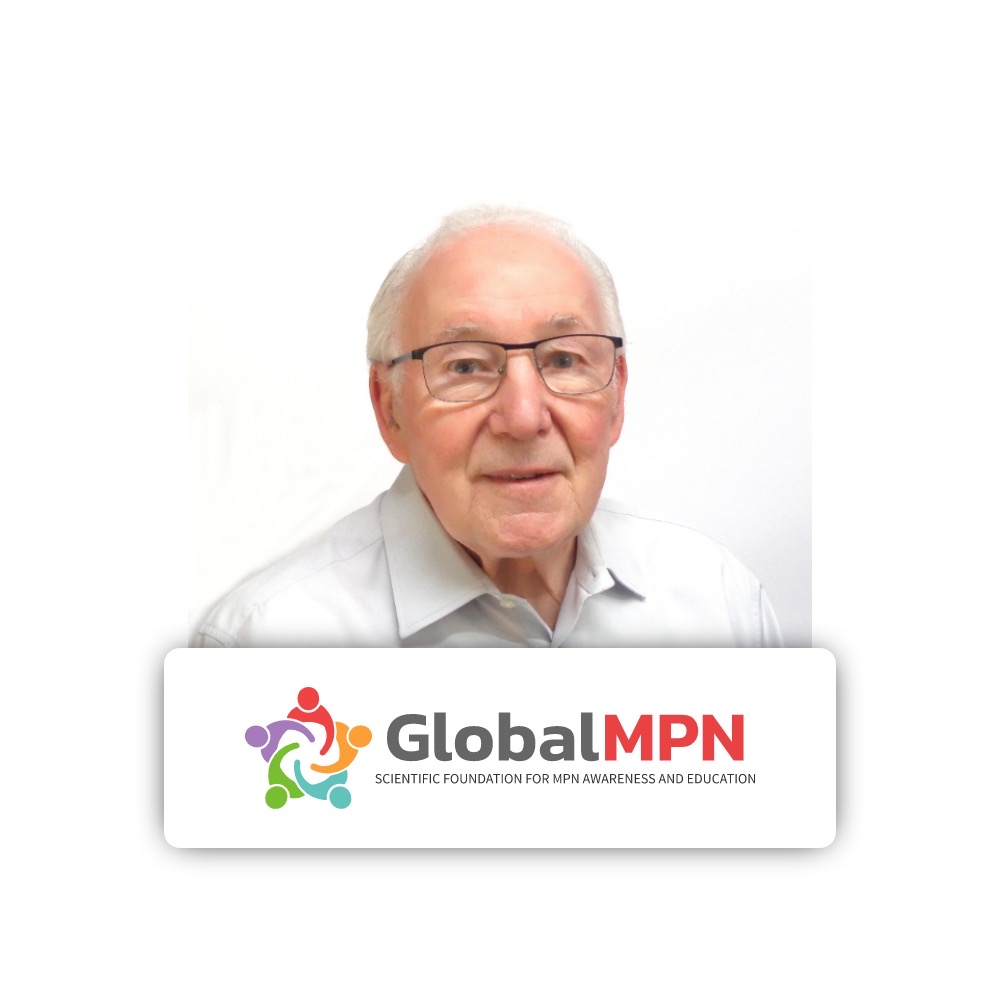Non-Pharmacological Approaches for MPN Burden Reliefs
- Global Mpn Scientific Foundation
- May 11, 2023
- 3 min read
Non-Pharmacological Approaches for MPN Burden Reliefs: Yoga, Physical Activity, Meditation, Nutrition, Diet Intervention
Myeloproliferative neoplasms (MPNs) are a group of blood cancers that cause abnormal growth of blood cells in the bone marrow. MPNs can cause various symptoms and complications, such as fatigue, pain, itching, bleeding, infections, and blood clots. MPNs can also affect the quality of life and well-being of people with these conditions.

While some pharmacological treatments are available for MPNs, such as chemotherapy, targeted therapy, and stem cell transplantation, they may only be suitable and adequate for some. Moreover, pharmacological treatments can have side effects and risks that may outweigh the benefits for some patients. Therefore, non-pharmacological approaches that can help relieve the burden of MPNs are essential to consider.
Non-pharmacological approaches are interventions that do not involve drugs or surgery. They can include lifestyle changes, complementary therapies, and psychological therapies. Non-pharmacological approaches can help people with MPNs cope with their symptoms, improve their physical and mental health, and enhance their quality of life. Some of the non-pharmacological approaches that are beneficial for people with MPNs are:
Yoga: Yoga is a mind-body practice involving physical postures, breathing exercises, and meditation. Yoga can help people with MPNs reduce stress, anxiety, and depression, improve blood circulation and oxygen delivery, and ease pain and inflammation. Yoga can also improve flexibility, strength, and balance, preventing falls and injuries. Anyone can practice yoga at home or in a group setting with guidance from a qualified instructor.
Physical activity: Any movement that uses energy, such as walking, cycling, gardening, or dancing. Physical activity can help people with MPNs improve cardiovascular health, lower blood pressure, and cholesterol levels, and prevent weight gain and obesity. Physical activity can also boost mood, energy, and self-esteem and reduce fatigue, pain, and insomnia. Physical activity should be tailored to the individual's abilities and preferences and done regularly and moderately.
Meditation: Meditation is a mental practice focusing on a single object, such as the breath, a word, or a sound. Meditation can help people with MPNs calm their minds, relax their bodies, and cope with negative emotions. Meditation can also enhance cognitive functions like memory, concentration, and problem-solving. Meditation can be practiced alone or in a group setting, with guidance from a trained teacher or an audio recording.
Nutrition and diet intervention refers to changing what and how much you eat and drink to meet your nutritional needs and health goals. Nutrition and diet intervention may have several benefits for people with MPNs, such as:
Reducing inflammation and oxidative stress, which are linked to MPN progression and symptoms
Improving blood flow and preventing blood clots, which are common complications of MPNs
Enhancing immune system function and preventing infections, which are more likely in people with MPNs
Managing weight and preventing obesity, which are risk factors for MPN development and worsening
Supporting bone health and preventing osteoporosis, which is common in people with MPNs due to low blood calcium levels
Providing energy and reducing fatigue, which are significant complaints of people with MPNs
To achieve these benefits, nutrition, and diet intervention for people with MPNs may include:
Eating more fruits, vegetables, whole grains, legumes, nuts, seeds, fish, lean meats, eggs, and dairy products
Eating less processed foods, red meats, cured meats, fried foods, sweets, salt, and alcohol
Drinking enough water and fluids to stay hydrated and prevent dehydration
Taking supplements of vitamins, minerals, antioxidants, omega-3 fatty acids, or probiotics as recommended by your doctor or dietitian
Following a specific dietary pattern or plan that suits your preferences and needs, such as a Mediterranean diet, DASH diet, anti-inflammatory diet, or vegetarian diet
Nutrition and diet intervention for people with MPNs should be individualized and tailored to your medical condition, symptoms, medications, allergies, intolerances, preferences, and goals. It is essential to consult your doctor or a registered dietitian before changing your nutrition and diet. They can assess your nutritional status, monitor your blood tests, advise you on what and how much to eat and drink, and help you overcome any challenges or barriers.
Nutrition and diet intervention may not cure MPNs or replace medications, but it may help you cope better with your condition and enhance your well-being. By making simple changes to your nutrition and diet, you can relieve some of your MPN burdens and enjoy a healthier and happier life.






Comments